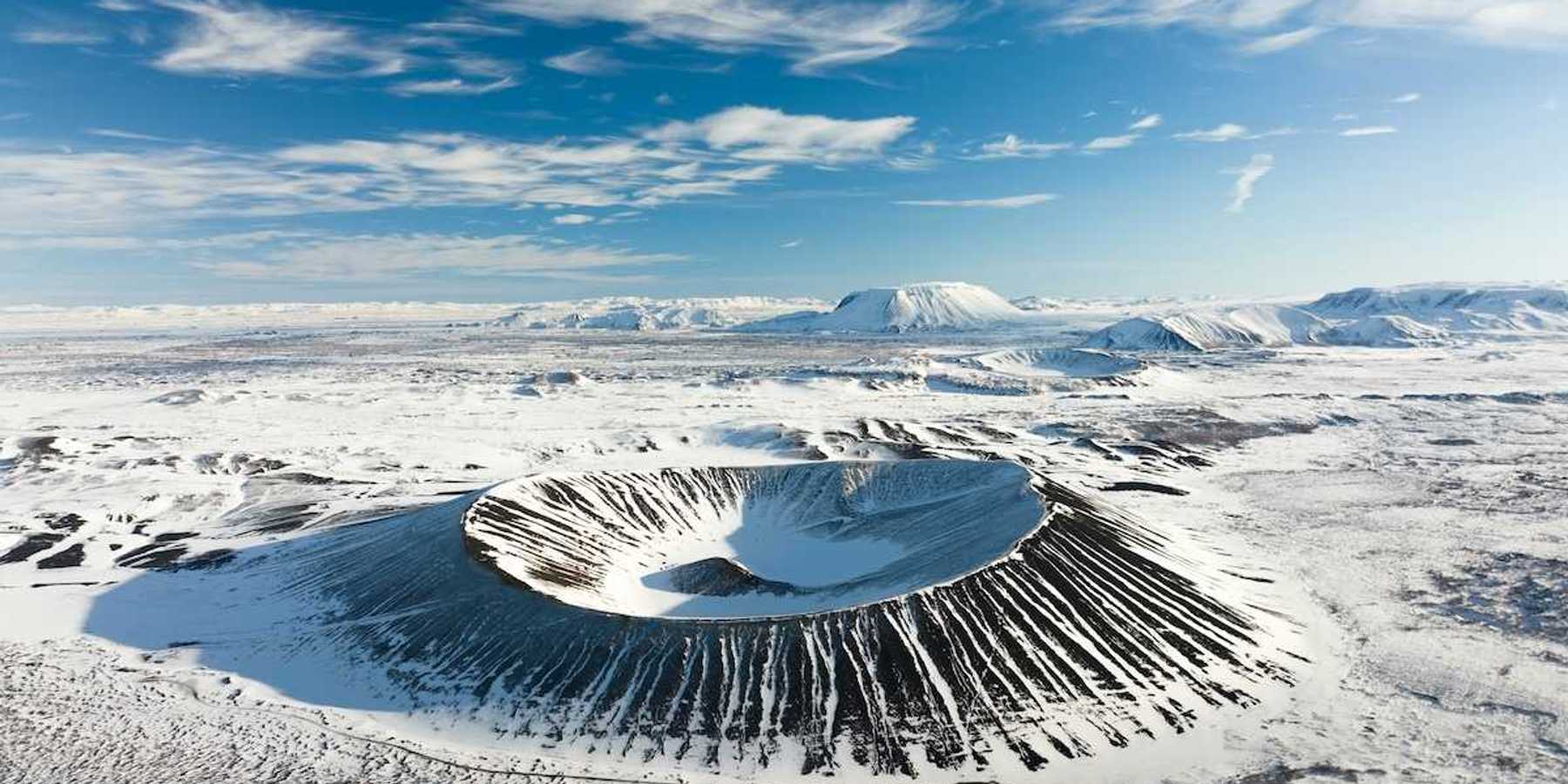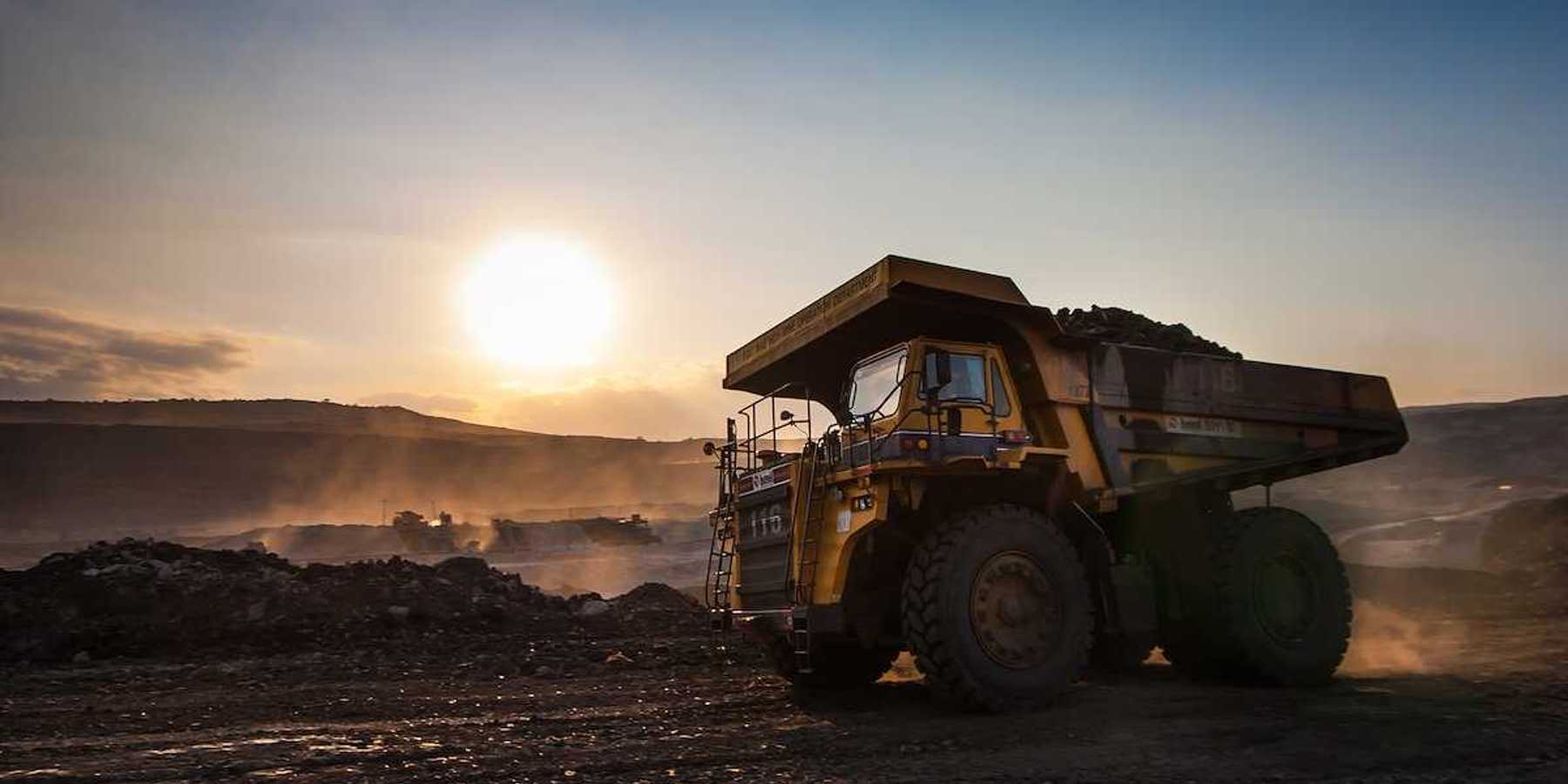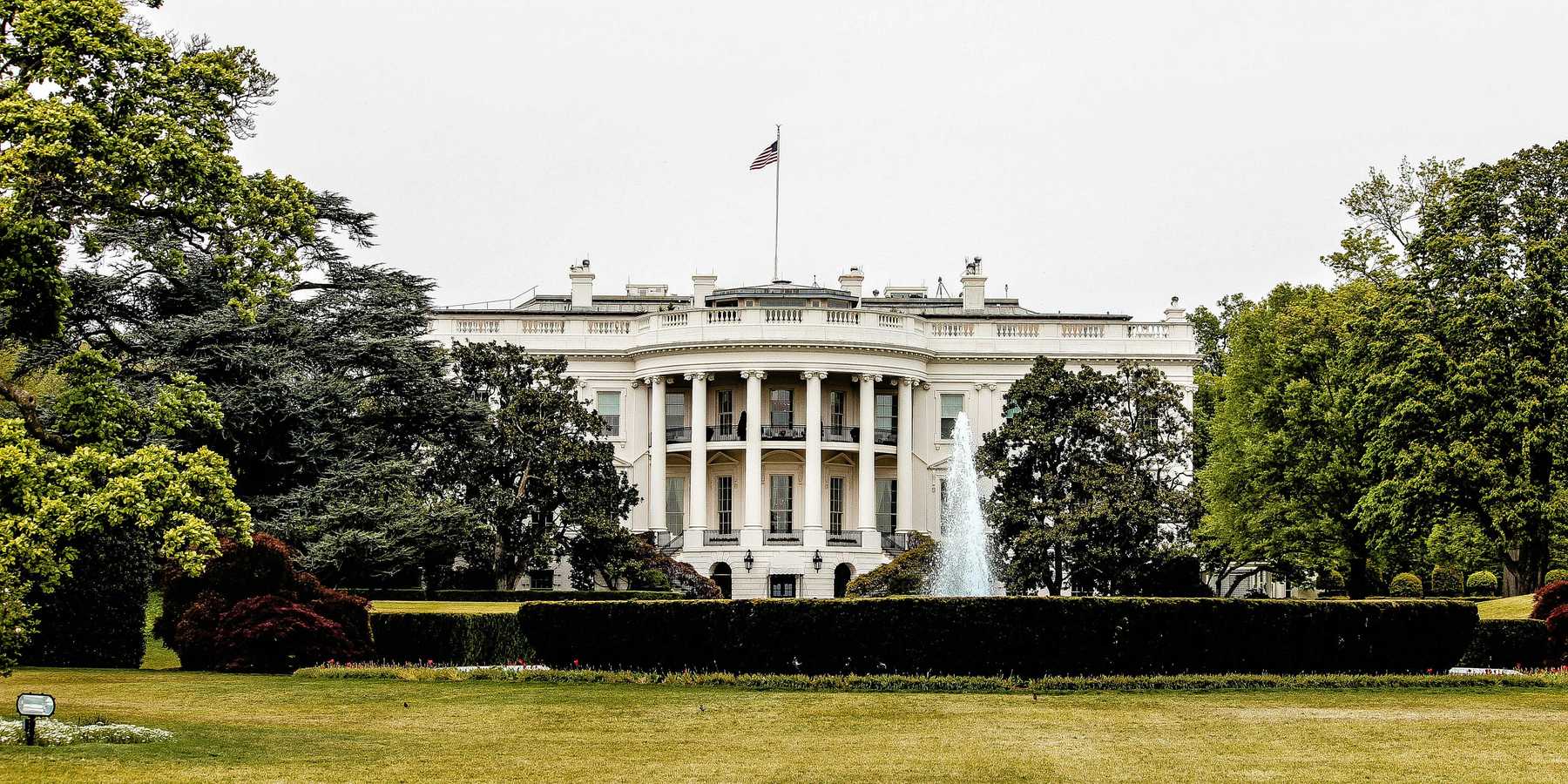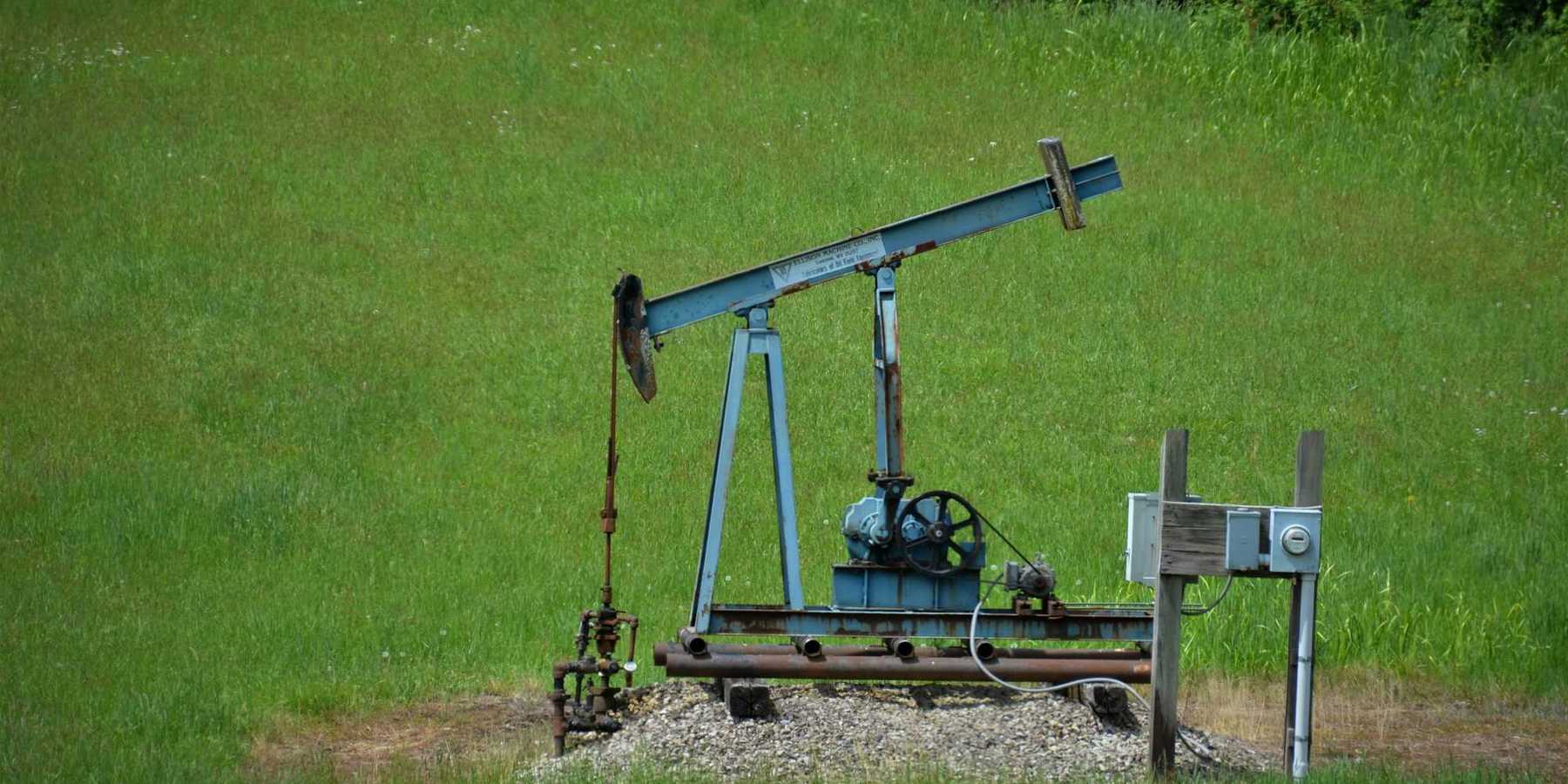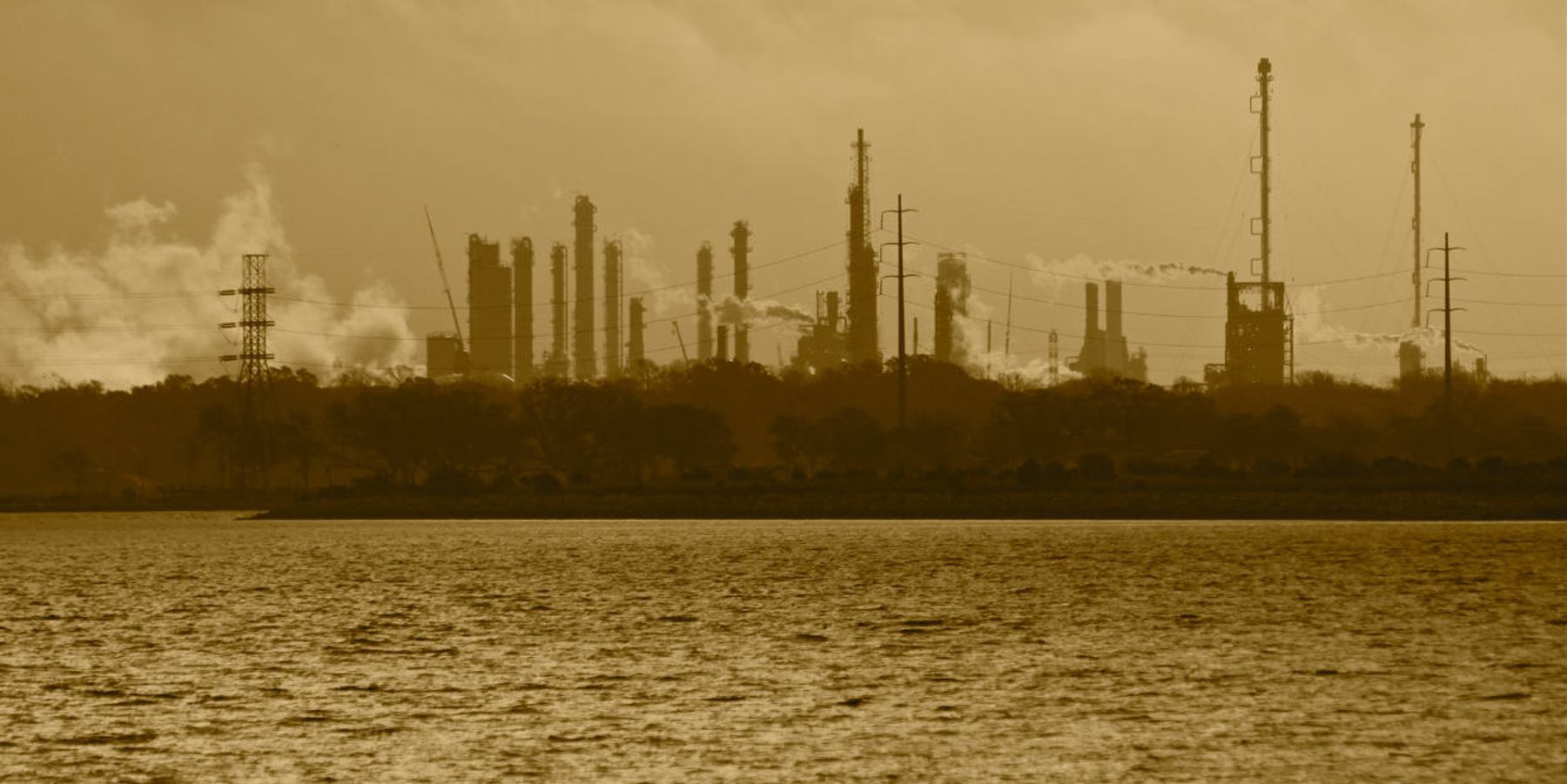
Peter Dykstra: Climate cojones and Mitt’s latest flip
Denial in high places is spawning some head-exploding political behavior
Hubris. Chutzpah. Stugots. Cojones. Those four words are approximate synonyms, in English, Yiddish, and crude multinational slang, for brash action, possibly flying in the face of facts or logic.
With climate denial ensconced in the White House, political opportunism and brazen hypocrisy are taking root.
Recently, Texas, a proud sub-nation that usually takes a dim view of a free-spending, strong federal government, asked the Army Corps of Engineers for $12 billion in aid for what it calls a "coastal spine" – a 60-mile network of seawalls, floodgates and other coastal defenses.
Harvey and other storms have underscored the need to upgrade the state's patchwork defenses against the specter of rising seas and more frequent storms.
Texas officials made it clear that while they cared about the entire coastline, the main focus of coastal protection would be the dozens of refineries, petrochemical plants, and other oil facilities lining the Gulf Coast from Port Arthur to the Houston Ship Channel. Keeping the oil flowing would be a key goal of national security.
It was as if Big Oil's culpability in raising sea levels and intensifying storms was never considered.
Big Oil and the Lone Star State may have drawn some inspiration from the proprietor of the Doonbeg Golf Resort in County Clare, Ireland. In 2016, Doonbeg petitioned the County Council for a permit to build two seawalls to protect the seaside course from the anticipated impacts of sea level rise and increased storms. The application specifically linked those impacts to climate change.
Said proprietor is the World's Most Powerful Climate Denier, President Donald J. Trump. The County Council granted the permit. So not just one, but two, walls are being built in Scotland, thanks to climate cojones.
Climate change brings more frequent and intense political flip-flops
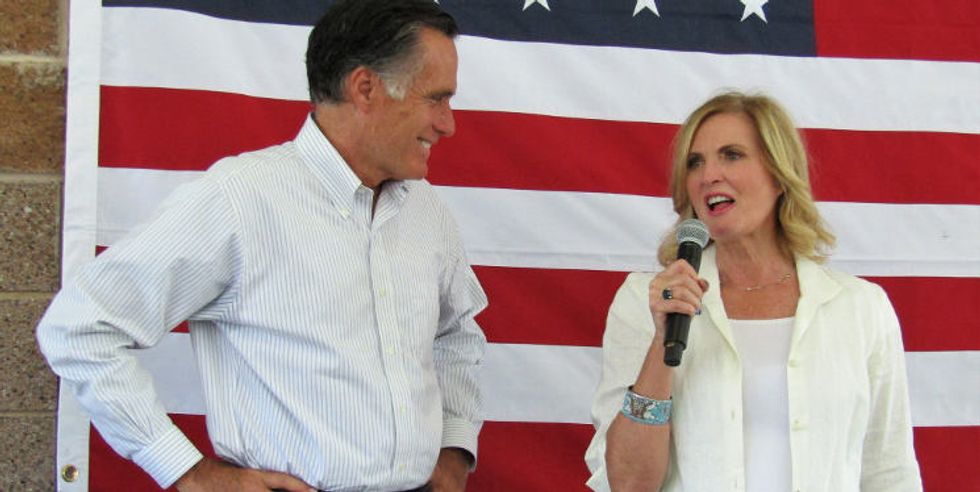
Mitt and Ann Romney in Orem, Utah. (Credit: Ben P L/flickr)
As Massachusetts Governor in the early 2000's, Mitt Romney cut a distinctive profile as a Republican climate activist. He created a climate action plan for the Bay State that may have been the most progressive in the nation.
One of his top environmental staffers was Gina McCarthy, who would go on to become a top target of Republican bile as Obama's EPA administrator.
But by the time Romney challenged Barack Obama for the presidency, he expressed grave doubts about climate change, even making fun of Obama's climate concerns.
Fast-forward to 2018: After several years of political hibernation, Romney re-emerges as a Senate candidate in Utah. During a brutal wildfire year in the American West, he's crooning a climate tune once more.
White House no longer Hap-less

William Happer (Credit: Gage Skidmore)
During a week when Brett Kavanaugh's Supreme Court confirmation hearings and "treason" (Trump's gentle label) among senior White House staff dominated Washington headlines, a go-to scientist for climate deniers was smuggled onto Team Trump.
William Happer, a retired Princeton physicist with no direct experience in climate science, once compared the Paris Climate Accord to Neville Chamberlain's capitulation to Hitler.
Happer is now a senior director for the National Security Council, in charge of evaluating new technologies.
In addition to hubris, chutzpah, stugots and cojones, perhaps we should add "reckless" and "clueless."




